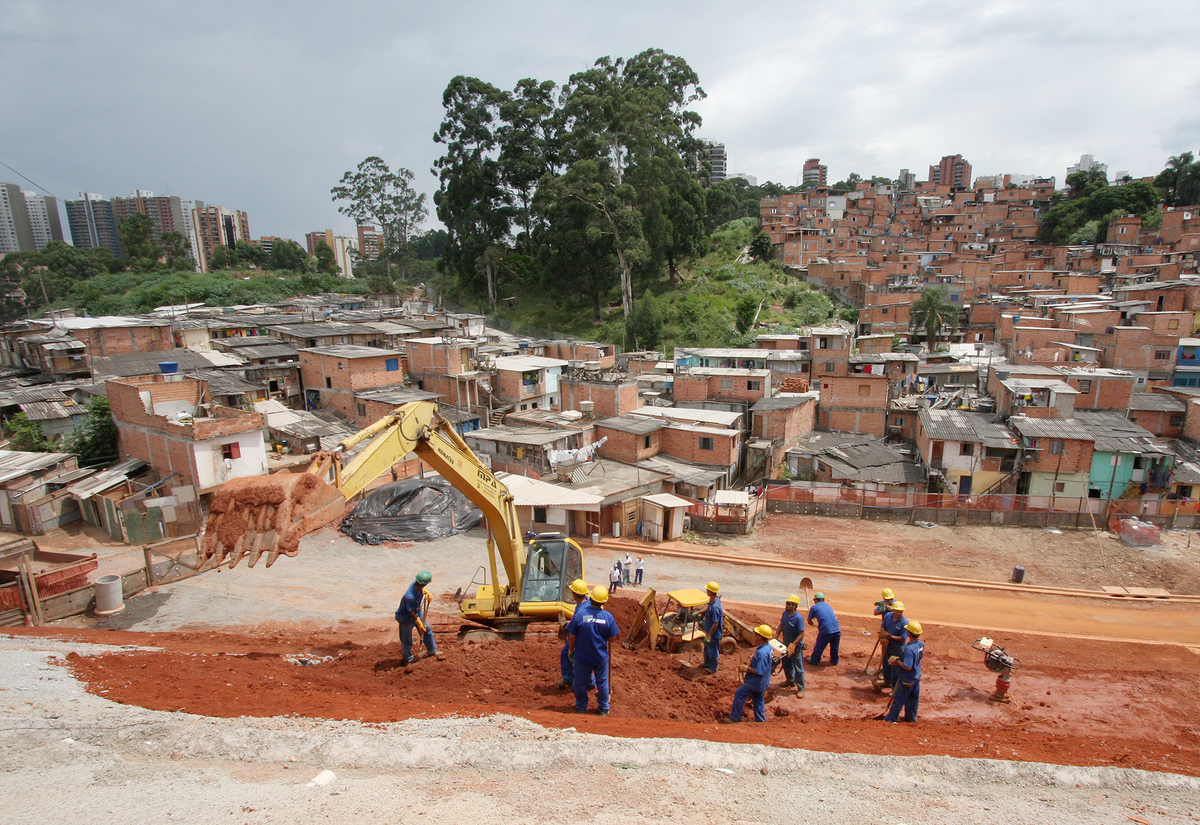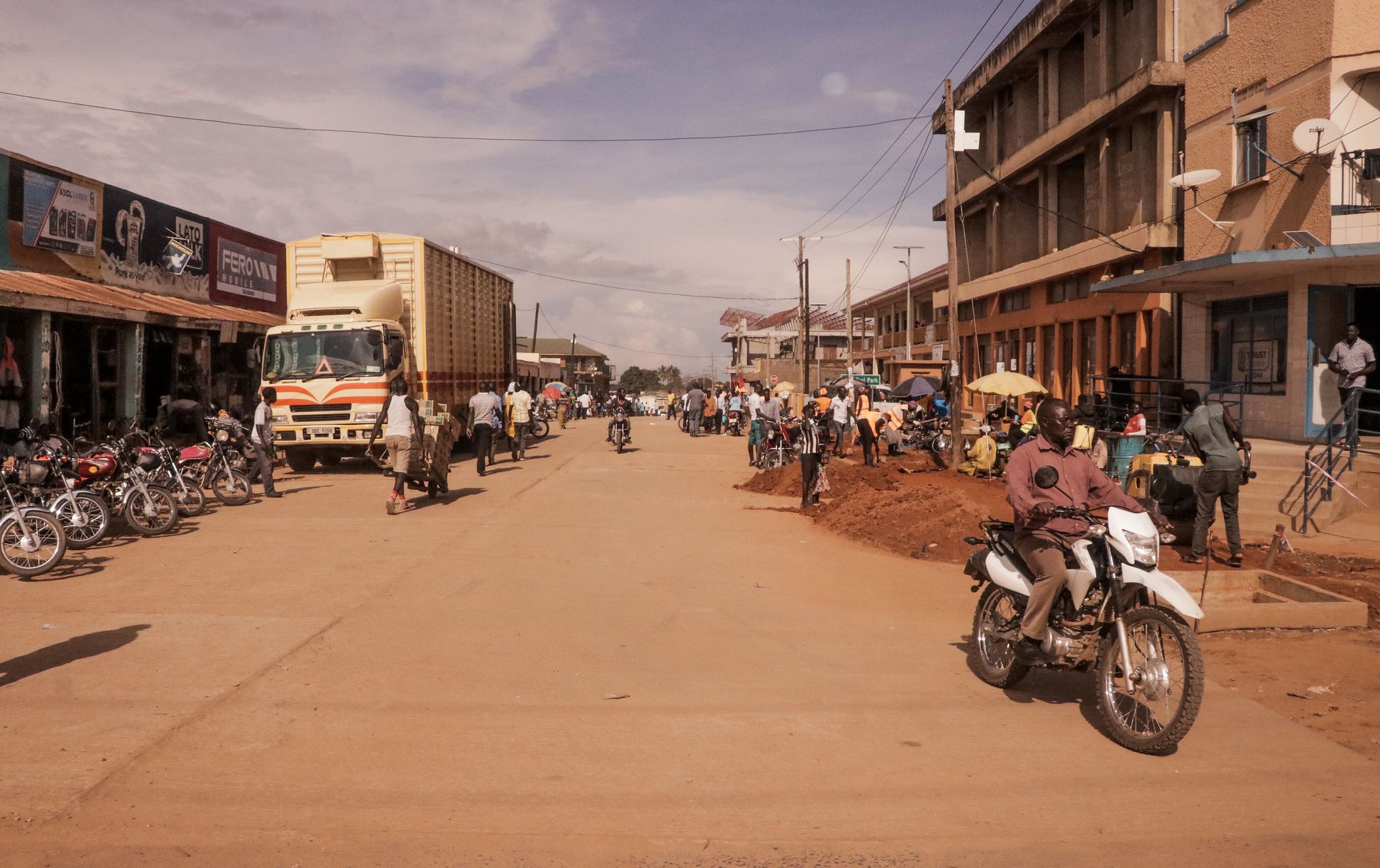Faced with the major challenges of rapid urbanisation and climate change, the world needs to change how it constructs and designs its cities. Projections indicate that by 2050, an additional two billion individuals will inhabit informal settlements, demanding a considerable upswing in global efforts to create adequate and affordable housing for all.
Additionally, the building and construction sector accounts for ca. 37 per cent of energy-related CO2 emissions and over 34 per cent of global final energy demand already today. Yet two-thirds of the infrastructure needed in Africa until 2050 is still to be constructed.
To address these challenges, GIZ, – on behalf of BMZ -, and Cities Alliance are hosting the Global Peer Learning Series: Urban Innovation for Just and Sustainable Cities throughout 2024. These sessions will explore practical strategies for equitable and sustainable urban planning, construction, and financing. The goal is to empower local stakeholders to drive socially inclusive and climate-conscious urban transformations.
The series will create a roadmap towards the 12th Session of the World Urban Forum in November 2024 and explore how subnational governments can be engaged more closely in the implementation of global development and climate agendas. The focus of each session will be on practical approaches to just and sustainable urban planning, construction, and financing.
Five sessions are planned across the year in partnership with ICLEI, UN-Habitat, Slum Dwellers International, the Centre for Affordable Housing Finance in Africa, the African Union for Housing Finance, and the City Diplomacy Lab:
- March: Fostering sustainable construction in informal areas (Watch the recording)
- June: Framing pro-poor Nature-Based Solutions
- August: Changing Cities for the better from the bottom-up
- September: Leaving no women* and no one behind in sustainable urban development
- November: How to provide finance for the “unbankable”?

This series aims to introduce national/municipal practitioners and policymakers to new integrated approaches to sustainable planning and building. In addition, the webinars also promote the integration of these processes at a national, regional and local level. The series will critically reflect and connect global agendas and initiatives, such as the Buildings Breakthrough, with the efforts and needs of subnational governments in terms of urban transformation.
The overarching topics for all webinars are a focus on informal areas and pro-poor urban planning and construction. Further, participatory methods and practical experiences for dense, demand-oriented, inclusive, affordable, low-carbon, energy-efficient, circular, and resource-efficient construction, as well as alternative/local building materials and financially feasible solutions, will be showcased.





